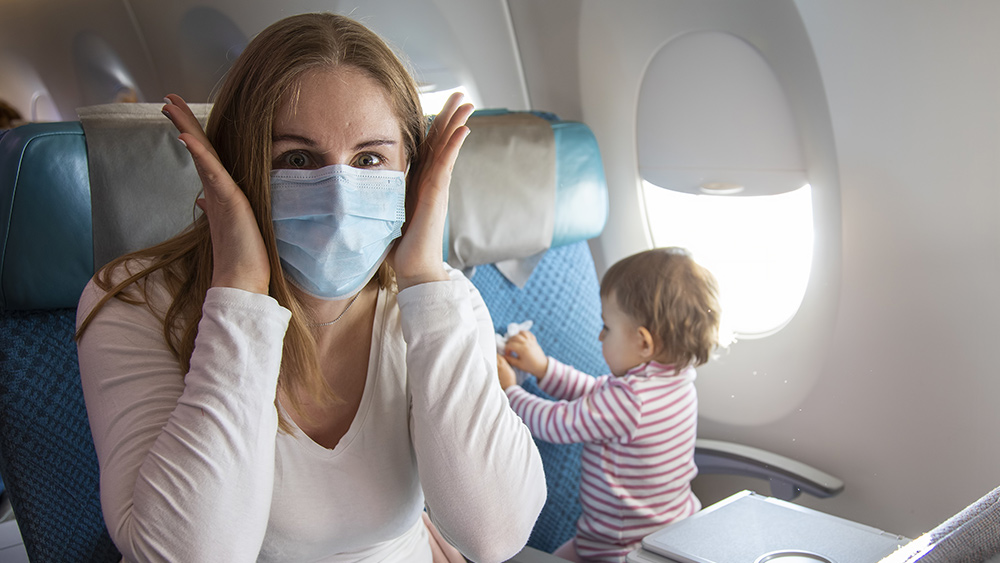
Advertisement
One of the things that makes the novel coronavirus disease (COVID-19) hard to contain is how long it can take to test for the presence of the virus (SARS-CoV-2). To address this, researchers at the University of Leicester in England are developing a new face mask that can detect the presence of SARS-CoV-2 much faster.
The scientists have developed the face mask using regular, off-the-counter ones, fitting them with special strips that can detect the virus. The masks are designed to trap any samples of SARS-CoV-2 exhaled by individuals even if they have not yet exhibited symptoms of the disease.
New face masks help speed up the testing process
To allow the face masks to detect SARS-CoV-2, the scientists attached 3D printed strips made with polyvinyl alcohol to the insides of the masks. These strips were specially designed to trap microbes, including SARS-CoV-2.
“This new approach is exciting because it could help us determine whether a person is infectious or not, even before symptoms of the virus have appeared,” stated Mike Barer, professor of clinical microbiology at the university. “Measuring how much of the virus is breathed out by using the mask sampling approach will allow us to compare levels of the virus exhaled by different individuals, and could help us focus control efforts on preventing spread.”
Current testing methods require healthcare professionals to take a swab from the patients, which is then sent to a testing center. Results, however, can take up to 48 hours to come back. As a result, patients who are tested usually have to self-isolate at home until the results arrive.
With the new masks, all a patient needs to do to be tested is to wear the mask for 30 minutes. After this, the mask can be easily processed in any laboratory. Testing these strips takes less time than the previous methods, with estimates stating that results could come back within half a day.
If deployed correctly, the masks can not only help speed up the testing process for the presence of SARS-CoV-2, but also help stop its spread. By using a person’s breath, the test can determine whether or not he is infectious even if he has yet to show any symptoms. (Related: Harvard Professor: As much as 70% of the global population will catch coronavirus.)
The masks still need further testing
Before the new face masks can be deployed, they still need to undergo further testing. The researchers are set to proceed with tests using patients with infections such as bronchitis and the flu. Test results from throat swabs from these are known to be accurate, as such, they can serve as a good gauge to see if the masks are accurate as well.
Prior to this, the team had already tested the masks on patients with tuberculosis. Here, the masks detected the disease 90 percent of the time. These results give the team hope as tuberculosis infects the lungs in a similar way to COVID-19. With these tests, researchers expect that it will take two to three months before they can start trialing the masks on potential COVID-19 patients.
One other issue that the team must address is the manufacturing process for the masks. Currently, the strips used for testing are individually 3D printed at the University of Leicester. This raises the material cost of each individual mask to about £2 or about $2.50. However, Professor Barer expects the cost of the masks to go down once they’re able to manufacture the polyvinyl alcohol strips on an industrial scale.
Sources include:
Advertisement
Advertisements
















